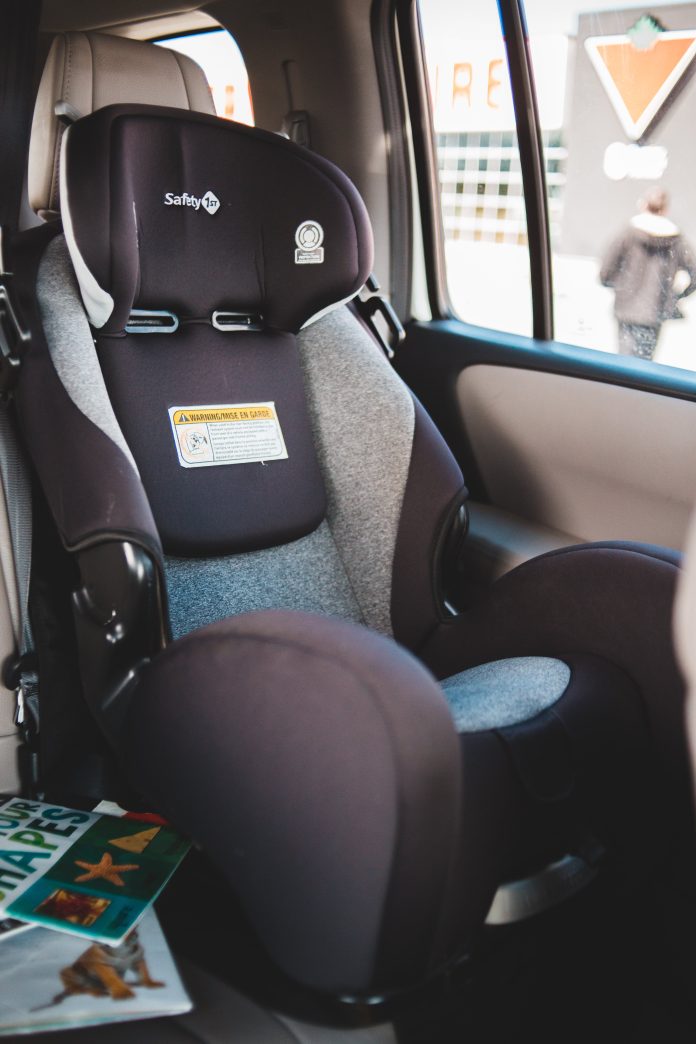Bulky winter clothing can impact the effectiveness of car seat harnesses and can significantly compromise your child’s safety when traveling. The force of a car crash can cause puffy winter coats and snowsuits to suddenly flatten, creating a gap between your child and their car seat harness. When this happens, your child is no longer properly secured and is at risk of being partially or fully ejected from the car seat. This can cause serious head or spinal injuries.
It is crucial to dress your child in thinner layers and adjust straps snugly to ensure their protection. Bulky clothing, including winter coats and snowsuits, should not be worn underneath the harness of a car seat.
Tips to keep your kids safe and warm in their car seat during the winter:
- Place a blanket over the straps after they are buckled up.
- Put your child’s coat on backwards after they are strapped into their car seat.
- Don’t forget hats and mittens. These keep kids warm without interfering with the car seat harness.
- Pack an emergency bag with extra blankets, dry clothing, hats and gloves, and non-perishable food.
Always remember these rules for car seat safety:
- Follow the car seat manufacturer guidelines. The car seat must be correctly installed in the vehicle.
- The shoulder harness should be snug enough that you cannot pinch the strap fabric at the collarbone.
- Infants and young children are safest riding in a rear-facing car seat until they reach the maximum height or weight limit for rear-facing use allowed by the seat’s manufacturer.
- Your child is safest riding rear-facing until two, three, or even four years old.
- When your baby outgrows their infant seat, move them into a larger rear-facing seat.
- When a child outgrows their larger rear-facing car seat (by height or weight), they should move into a forward-facing car seat with a harness.
- When a child outgrows their forward-facing car seat (by height or weight), they should move to a booster seat. Use a booster seat until the seat belt fits properly; this is typically when your child is 145 cm (4 ft. 9 in.) tall and between 8 and 12 years of age.









